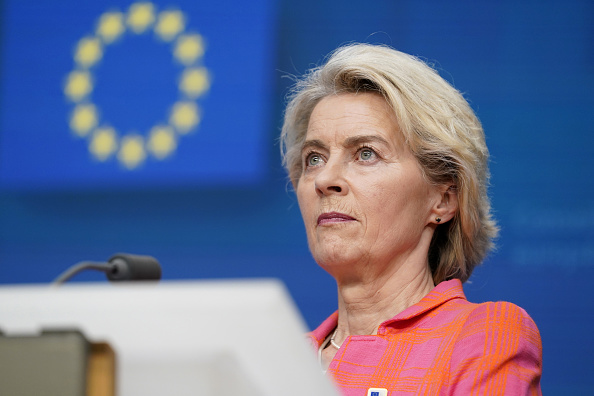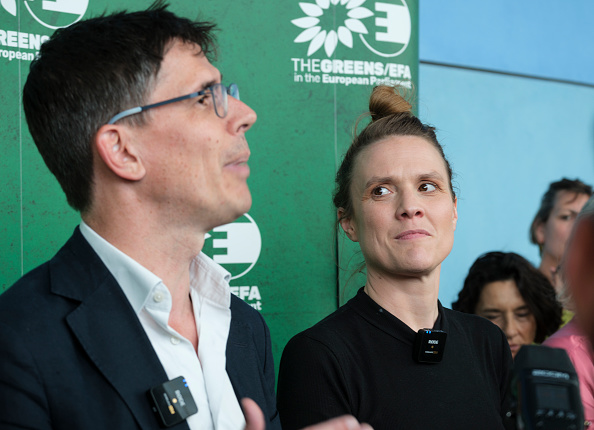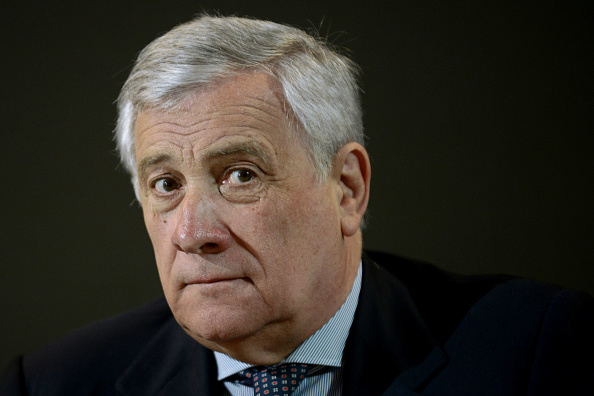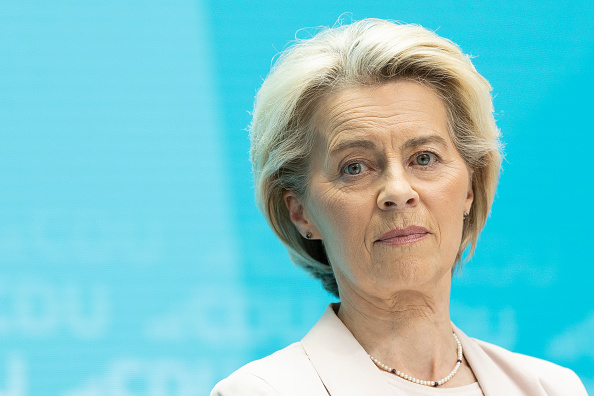European Commission President Ursula von der Leyen faces an uphill struggle to retain her role as some politicians begin to look to Malta’s Roberta Metsola as a possible replacement.
With a week to go before von der Leyen’s future is voted on by the European Parliament, Berlaymont sources expect 15 per cent of her coalition MEPs to vote against her in the secret ballot.
While this number has guided her attempts to assemble a large enough coalition as a “red line”, the estimate may be optimistic as more politicians could choose to defect.
“The name on peoples’ lips as a possible replacement nominee is European Parliament President Roberta Metsola,” noted one of the likely defectors Billy Kelleher, an Ireland South MEP from Fianna Fáil – and part of Renew Europe – who added that she would represent a generational change as she is 20 younger than von der Leyen.

In 2019, 25 per cent of the 516 MEPs from parties backing von der Leyen failed to vote for her. In the end, she had just nine votes to spare after receiving only 383 votes from MEPs shielded by the fact it was a secret ballot.
It was “looking like a real possibility VDL [von der Leyen] won’t survive the European Parliament confirmation vote next Thursday in Strasbourg”, said Brussels journalist Dave Keating on July 11.
Needing 361 votes, von der Leyen theoretically could this time count on 401 MEPs from the European People’s Party (188), Socialists & Democrats (136), and Renew Europe group (77). Still, if she only receives 85 per cent of those, she would fall short by 20 votes.
A cushion of 99 votes could come from the Greens (53) and Left (46), although a formal alliance with the Greens could cost her within the European People’s Party (EPP) delegations such as the Christian Democratic Union of Germany (CDU).
The European Conservatives and Reformists bloc (ECR) has 78 but the Socialists & Democrats (S&D) and Renew have threatened to withdraw their support if von der Leyen makes a formal alignment with Italian Prime Minister Giorgia Meloni, part of the ECR group.
Renew Europe leader Valerie Hayer said on June 10 that von der Leyen promised not to establish “structured co-operation” with the ECR.
Kelleher, who also is First Vice-President of the Renew group, said: “I will not be supporting the nomination of Ursula von der Leyen.
“I’ve been very clear throughout this election – I’ve stated it in advance of the election, I’ve stated it during the election, I’m stating it after the election,” he said.
Another Ireland South MEP, Seán Kelly of Fine Gael (EPP), attacked Kelleher and his Fianna Fáil colleague Barry Andrews for opposing von der Leyen.
“By not voting for her, Irish MEPs, particularly those in the Renew Group, risk jeopardising Ireland’s chances at getting a good portfolio in the European Commission,” Kelly said on June 10.
Another high-profile opponent has been Les Républicains MEP François-Xavier Bellamy who, on June 19, was elected Vice-Chair of the EPP. His party has six MEPs in the incoming EP.
Von der Leyen held meetings on June 9 with her own EPP and the S&D, followed by ones on July 10 with Renew Europe and The Greens. She will save her talks with the Left and ECR for last.
While she faces known rebels within the EPP and Renew Europe blocs, even S&D leader Iratxe Garciá Pérez said her bloc had not given von der Leyen “a blank cheque”. The group’s support was conditional on the appointment of a housing commissioner and action over workers’ rights and gender equality.
If von der Leyen is rejected “she can’t be put before parliament a second time”, and European Council leaders “would need to pick a new nominee at an emergency summit in August”, Garciá Pérez added.
The EP’s Conference of Presidents, comprising Metsola and the chairs of the parliament’s political groups, decided on the final timetable for von der Leyen’s confirmation vote at a July 11 meeting.
She will make a statement to MEPs on July 18 at 9 am, after which they will have until 11 am to debate whether to give her a second term as EC chief. A half-hour of voting then begins at 1 pm, with the result due to be announced at 2:45 pm.





